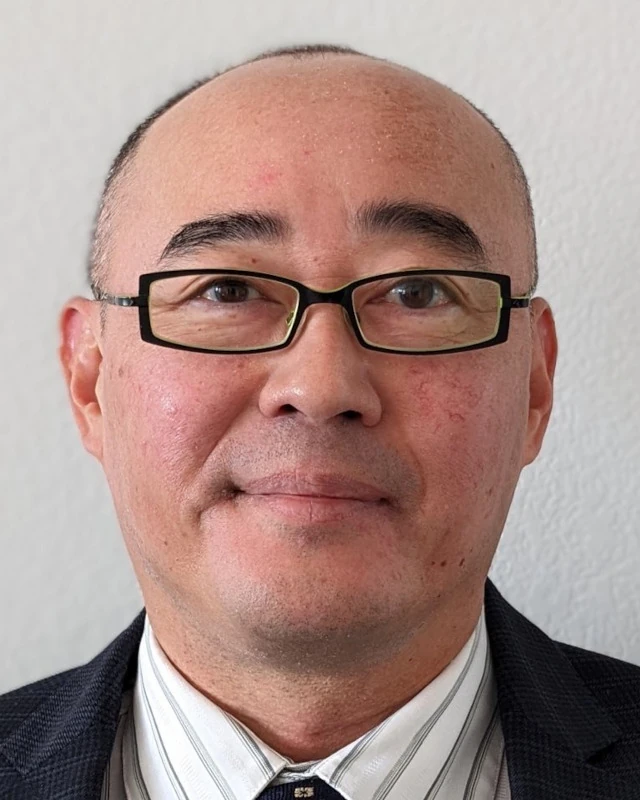Monsanto Motion for New Trial Conditionally Denied and JNOV Denied
As a follow-up to our previous posting on the blockbuster glyphosate trial in which a plaintiff suffering from non-Hodgkin’s Lymphoma was awarded $289 million by a San Francisco jury, the judge, on October 22, 2018, has conditionally denied Monsanto’s motion for new trial and denied its motion for judgment notwithstanding the verdict (JNOV). This decision by Judge Suzanne Bolanos of the San Francisco Superior Court, a state-level trial court, was somewhat of a U-turn given her tentative ruling on October 10, 2018, the date of the oral hearing on the post-trial motions. In the tentative ruling, she observed that the plaintiff, DeWayne Johnson, a school groundskeeper who was tasked with spraying the school grounds with Monsanto’s herbicide product, ROUNDUP®, for many hours during his workday, did not present clear and convincing evidence of malice or oppression to justify a punitive damages award in the amount of $250 million.
However, in her final ruling, Judge Bolanos noted the court must defer to jury verdicts and only set aside these verdicts only in exemplary cases.
Conflicts in the evidence are resolved against the moving defendant and in favor of the plaintiff; all reasonable inferences to be drawn from the evidence are drawn against the moving defendant and in favor of the plaintiff.1 Furthermore, in ruling on a motion for JNOV, a court may not change a prior ruling as to the admissibility of evidence. “[W]e must take the record as we find it. We cannot strike or disregard any evidence favorable to a prevailing party merely because it was erroneously received.”2
Against the backdrop of this legal standard, she determined that Monsanto lacked a legal basis to overturn the jury determination that Johnson’s exposure to glyphosates was a substantial factor which caused his non-Hodgkin’s Lymphoma. She cited expert testimony at trial in which the expert could not pinpoint the exact cause of non-Hodgkin’s Lymphoma, which is an issue of fact left to the jury to decide; further, the expert testified that Johnson’s diagnosis was troubling because he was younger than the typical patient, which raised a red flag with the expert that the cancer was not idiopathic (i.e., disease with no known cause) but rather pathogenetic (i.e., disease with some specific cause). In the judge’s opinion, this testimony was enough reasonable support for the jury finding that the glyphosates in Roundup caused Johnson’s non-Hodgkin’s Lymphoma. As a result, Judge Bolanos denied the motion for JNOV on liability.
As for the punitives, Judge Bolanos noted the plaintiff must show clear and convincing evidence that a Monsanto actor acted with some malice or oppression giving rise to the liability at issue. She observed that corporate managing actors can show malice or oppression through a series of corporate actions, rather than one or two high-level official acts at any one point in time, as Monsanto had argued, and as a result, Monsanto’s argument fails. Punitives could be upheld where a corporate actor fails to conduct adequate testing on a product, or if there was reasonable disagreement among the expert testimonies. Thus, a reasonable jury could conclude that Monsanto, in fact, acted with malice when it disregarded certain safety risks involving glyphosates by continuing to sell its product without disclosing a warning. Nevertheless, she further noted, punitive damages are limited by constitutional constraints under the 14th Amendment’s Due Process rights. The judge followed an established calculation for punitive damages based on the compensatory damages awarded. Therefore, Judge Bolanos reduced the original award of $250 million in punitive damages to $39 million, equal to the compensatory damages awarded by the jury. As a concluding remark, she wrote that “[i]n enforcing due process limits, the Court does not sit as a replacement for the jury but only as a check on arbitrary awards.”
Judge Bolanos ordered a remittitur that, if plaintiff consents to the punitive damages reduction, she would formally deny the motion for new trial. However, she gave Johnson only until December 7, 2018, as allowed by California law (C.C.P. §662.5(a)(2)) to accept the remittitur; otherwise, she would grant the motion for new trial as to punitive damages only.
Monsanto had filed its paperwork in September 2018, just a month after the jury verdict, which included a motion for new trial and a motion for judgment notwithstanding the verdict, both of which sought to wipe out the monetary damages against it.
We will continue to follow developments on this blog.
Footnotes
-
See Fountain Valley Chateau Blanc Homeowner’s Assn. v. Dept. of Veterans Affairs, 67 Cal.App.4th 743, 750 (Cal. App. 1998). ↩
-
See Waller v. Southern Cal. Gas Co., 170 Cal.App.2d 747, 757 (Cal. App. 1959); Estate of Callahan, 67 Cal.2d 609, 617 (1967). ↩

Brent T. Yonehara
Founder & Patent Attorney
Founder Brent Yonehara brings over 20 years of strategic intellectual property experience to every client engagement. His distinguished career spans AmLaw 100 firms, specialized boutique I.P. practices, cutting-edge technology companies, and leading research universities.
More About Brent